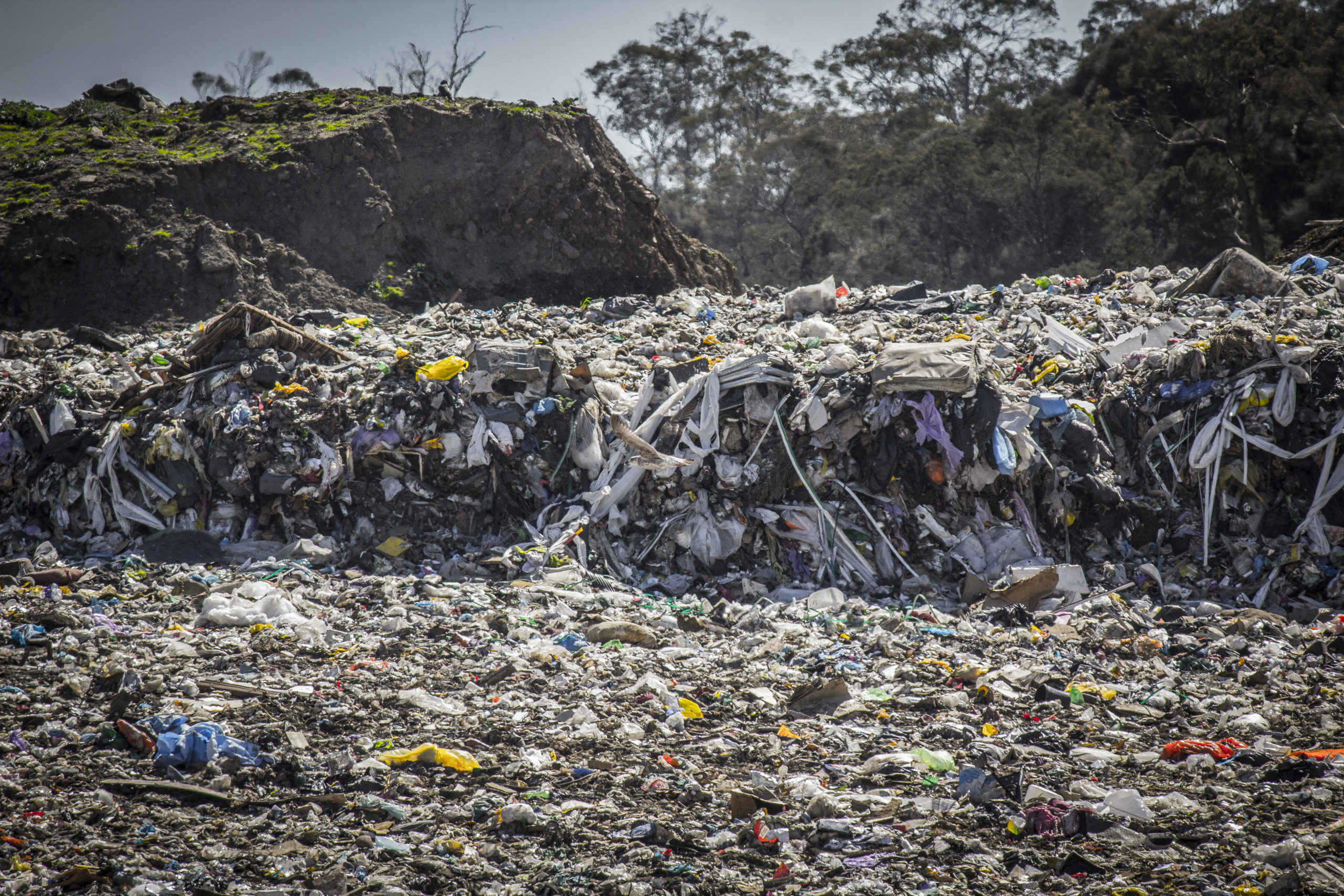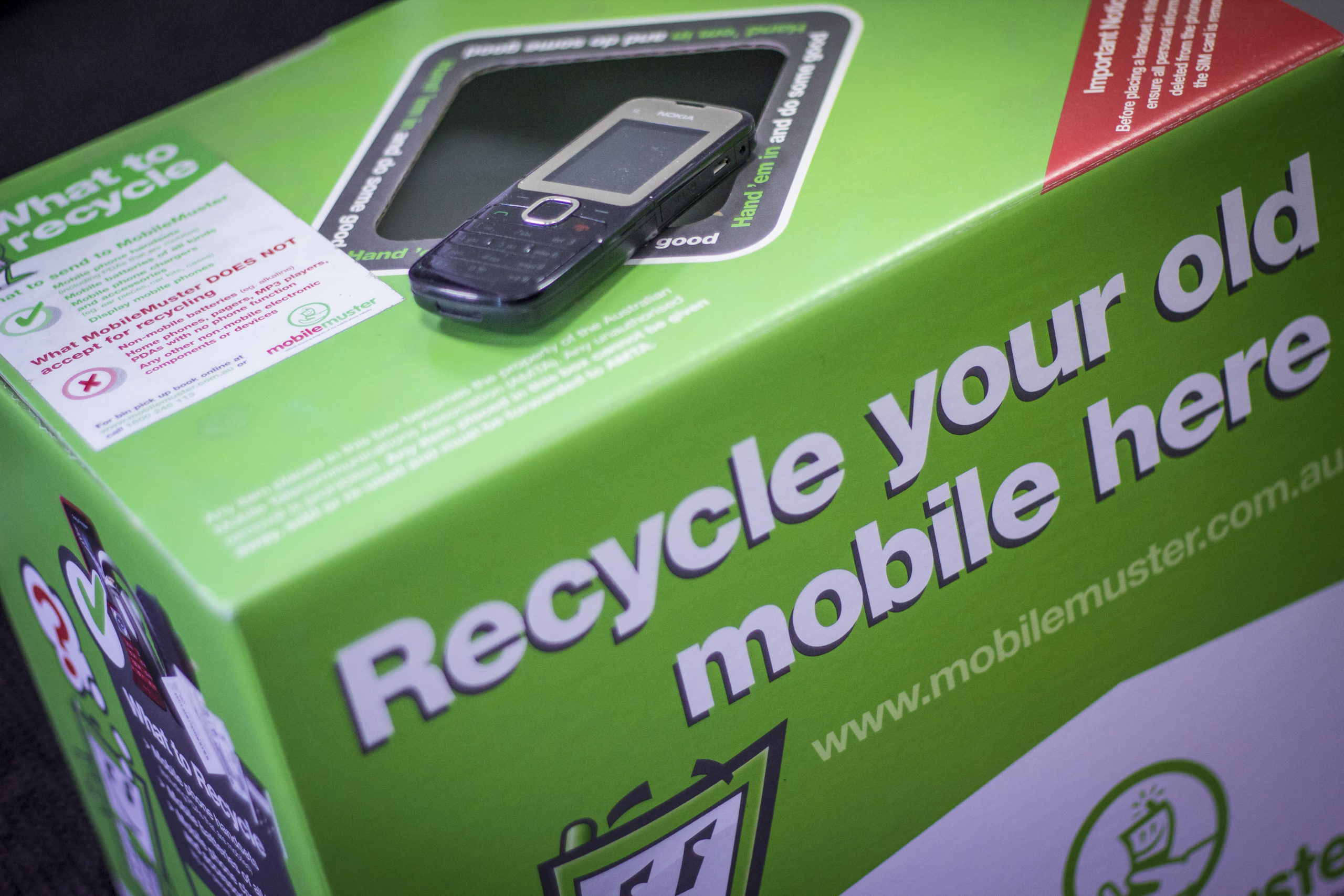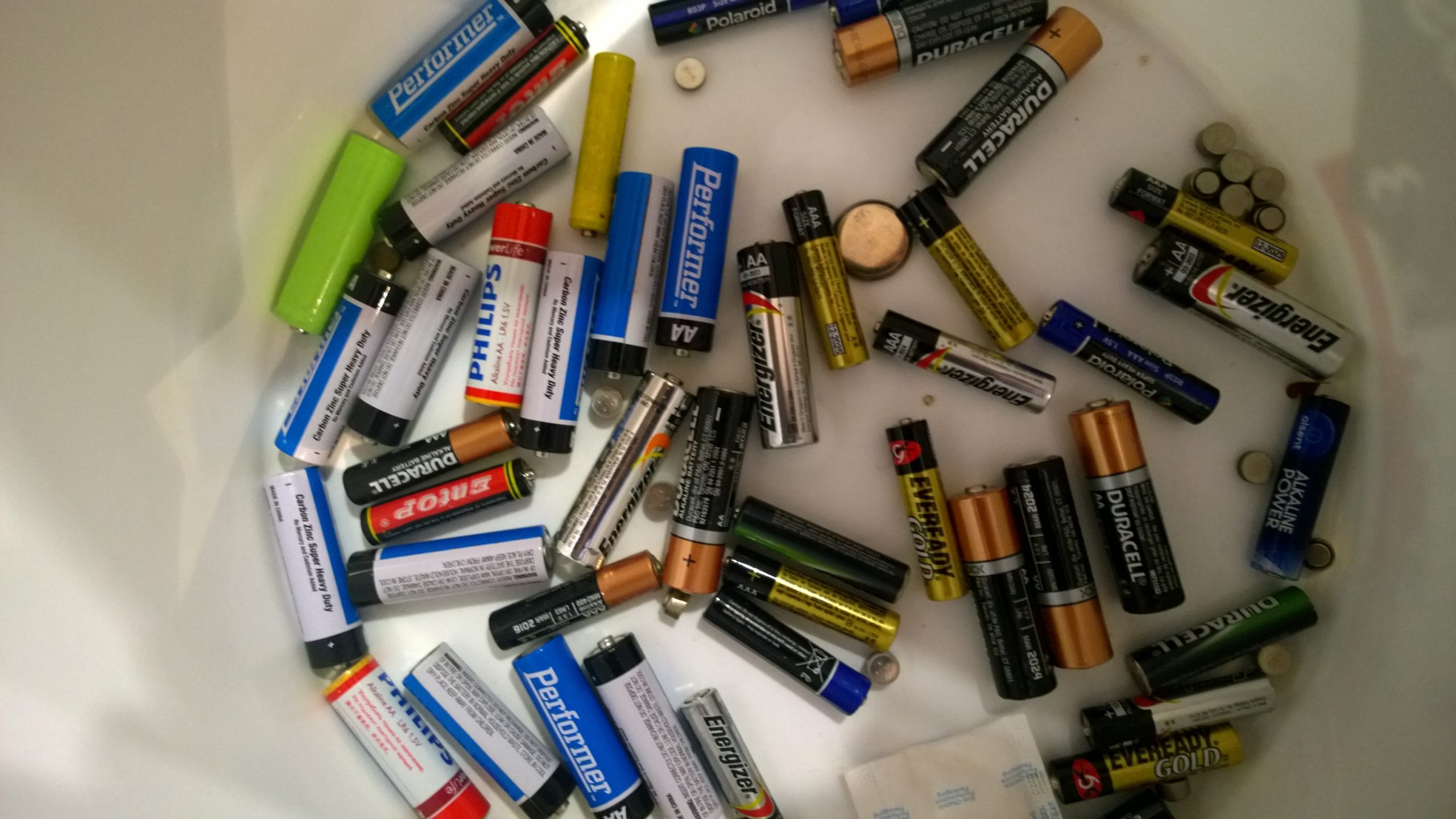At Work
As a business manager, deciding to make a difference in your community by adopting better waste management practices can be very rewarding.
Reducing waste sent to landfill and recycling materials has a direct positive impact on the environment and benefits current and future generations. An efficient waste management system could also save you money in the long run by reducing your commercial waste collection costs, reducing your purchasing costs, or providing you with additional income streams.
A simple guide to reducing commercial waste is by following the waste hierarchy and adopting the principles of a circular economy. Avoiding waste generation saves energy, money, resources and over-manufacturing of commonly used goods.
Not sure where to start? We spoke to a range of Tasmanian businesses taking steps towards positive change and reducing their waste, here’s a summary of their advice:
Business Tips for Better Waste Management

Landfill waste
Sometimes it’s unavoidable that waste ends up in landfill. It’s not environmentally or economically sustainable to keep sending more waste to landfill and it’s the last resort in the waste hierarchy.

Recycle waste
Recycling saves landfill space, preserves natural resources and in many cases also saves energy and water.

Hazardous waste
It can be dangerous to discard hazardous waste in your workplace garbage and recycling bins.

Landfill waste
Sometimes it’s unavoidable that waste ends up in landfill. It’s not environmentally or economically sustainable to keep sending more waste to landfill and it’s the last resort in the waste hierarchy.
By rethinking procurement practices, choosing to repair or reuse, and taking note of the biggest types of waste generated by your business and finding ways to reduce or recycle them, you can make changes to reduce landfill waste.
And now is the right time to do so. In 2019, the Tasmanian Government released its draft Waste Action Plan providing a framework for the best way to address Tasmania’s waste and resource recovery challenges.
A key goal of the Plan is to achieve an 80% average recovery rate from all waste streams by 2030.
In July 2022 a statewide landfill levy is scheduled to commence. The levy will initially be set at $20 per tonne of waste sent to landfill, before increasing over a transition period of four years to the target average regional waste levy across Australia of $60 per tonne. Once introduced, the $20 statewide levy is expected to replace the voluntary levy arrangements that currently exist at some Tasmanian landfills.
Read more about the State Government Landfill Levy here

Did You Know?
A waste audit was conducted on a residential building site in Southern Tasmania in 2021.
Over the four building stages – foundation, lock-up, fit-out, and completion – a total of 2,804kg (13m3) of waste was generated. Importantly, more than two-thirds of this could’ve been diverted from landfill.

Recycle waste
Recycling saves landfill space, preserves natural resources and in many cases also saves energy and water.
Whether you work at home, in an office, in a factory, on the road or outdoors, you can recycle a large range of general packaging and workplace materials including glass, plastic, paper and cardboard.
In Tasmania these items can be accepted in council-provided recycling collections:
- Clean paper and cardboard
- Glass bottles and jars
- Metals – including aluminium cans, steel cans, tin-plated steel cans, aluminium foil, paint tins and aerosol cans (all empty).
- Plastic containers and bottles
There are also a wide range of other free or low cost recycling services available in Tasmania, plus commercial-scale recycling of certain types of plastic and commercial composting of organics waste.
Discover Other Recycling Services in Tasmania
Find out more about recycling in Tasmania
Learn about Tasmania’s investment in the resource recovery sector

Did You Know?
As well as the usual kerbside and commercial recycling services, there are specialised options for those ‘tricky’ to recycle products. They’re known as Product Stewardship Schemes.
They provide a framework for the sustainable management of products and materials throughout their lifecycle, including at the end of their useful life and across the supply chain.
Everyone involved in designing, manufacturing, and selling products must ensure those products or materials are managed in an environmentally sound way.

Hazardous waste
It can be dangerous to discard hazardous waste in your workplace garbage and recycling bins. These items are not accepted in kerbside collections:
- Agricultural chemicals and drums
- Batteries
- Cleaning and polishing chemicals
- Motor oils
- Obsolete computer equipment, TVs (e-waste)
- Out of date or unwanted pharmaceuticals (all medicines)
- Pesticides and other garden chemicals
- Petrol and kerosene
- Solvent-based paints
- Swimming pool or spa bath chemicals
- Thermometers, barometers, thermostats, fluorescent tubes and compact fluorescent globes
- Tyres
Some councils offer recycling and disposal services for certain hazardous wastes. Commercial service providers also exist for volume waste removal of hazardous materials and other hazardous waste management services. Contact your local council for advice on local service providers and to safely dispose of:
- Car batteries
- Computers and TVs (e-waste)
- Fluorescent tubes and compact fluorescent globes
- Gas cylinders
- Household batteries
- Paint
- Used motor oils
- Used cooking oil
If you are unsure if the materials you have to dispose of are hazardous, give the EPA hotline a call on 1300 135 513.

Did You Know?
ChemClear accepts agricultural and veterinary chemicals for safe disposal and drumMUSTER accepts empty chemical drums for recycling.
Laser and printer inkjet cartridges can be taken to numerous retail outlets for recycling, including Australia Post, Harvey Norman and Officeworks outlets. The City of Launceston Recycle Hub and the City of Hobart Recycle Bank also collect these items for recycling (found at the council offices).
Many council offices, mobile phone retailers and other retail stores will accept used mobile phones and accessories for recycling via the
Mobile Muster recycling service.
TerraCycle provide free and fee-for-service collection boxes for difficult to recycle products and materials. If your business generates a significant amount of waste in products including disposable gloves, Personal Protective Equipment, coffee capsules, binders and presentation folders, and shipping materials, check out the recycling options available to divert waste from landfill.
Visit TerraCycle here